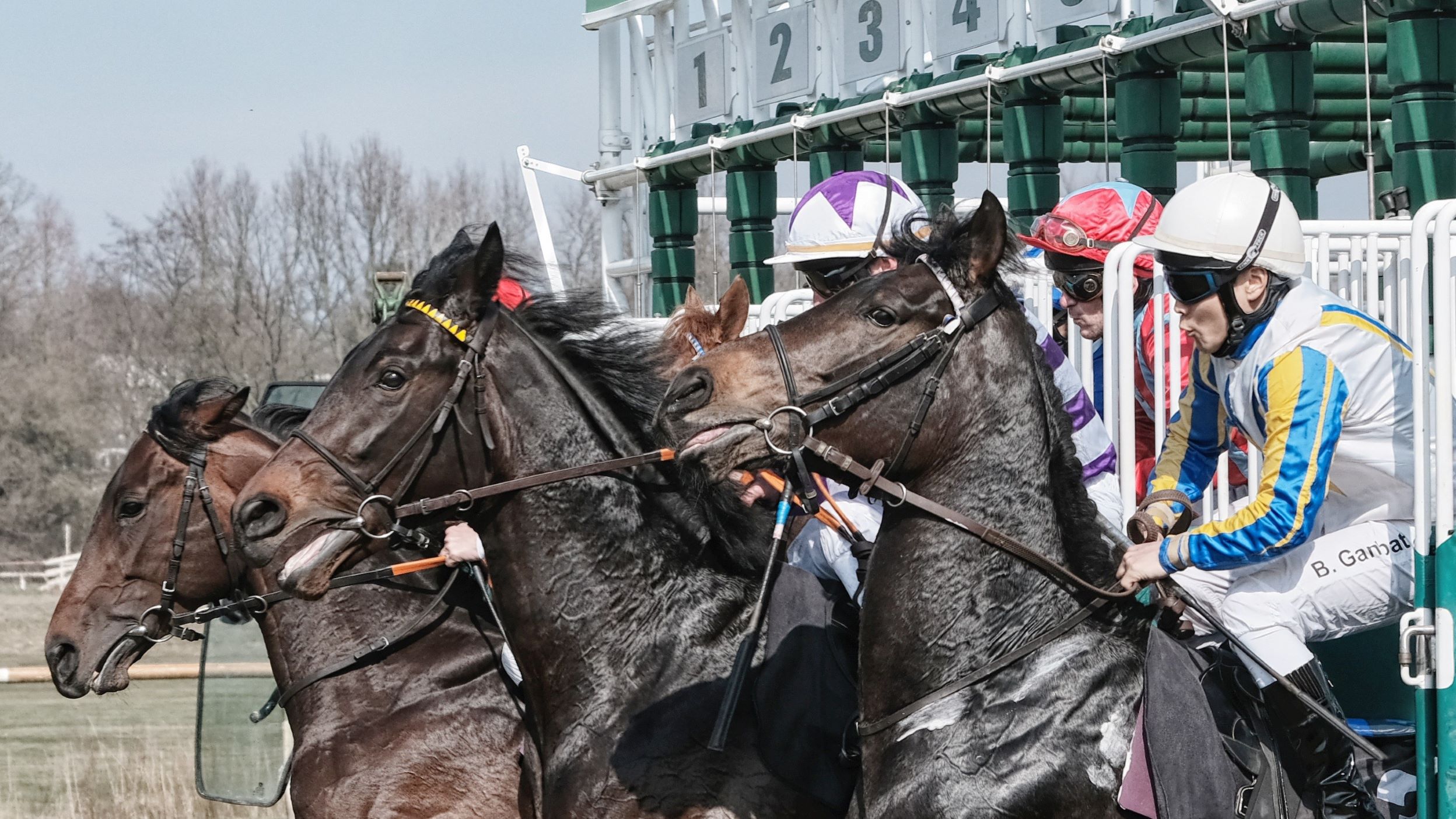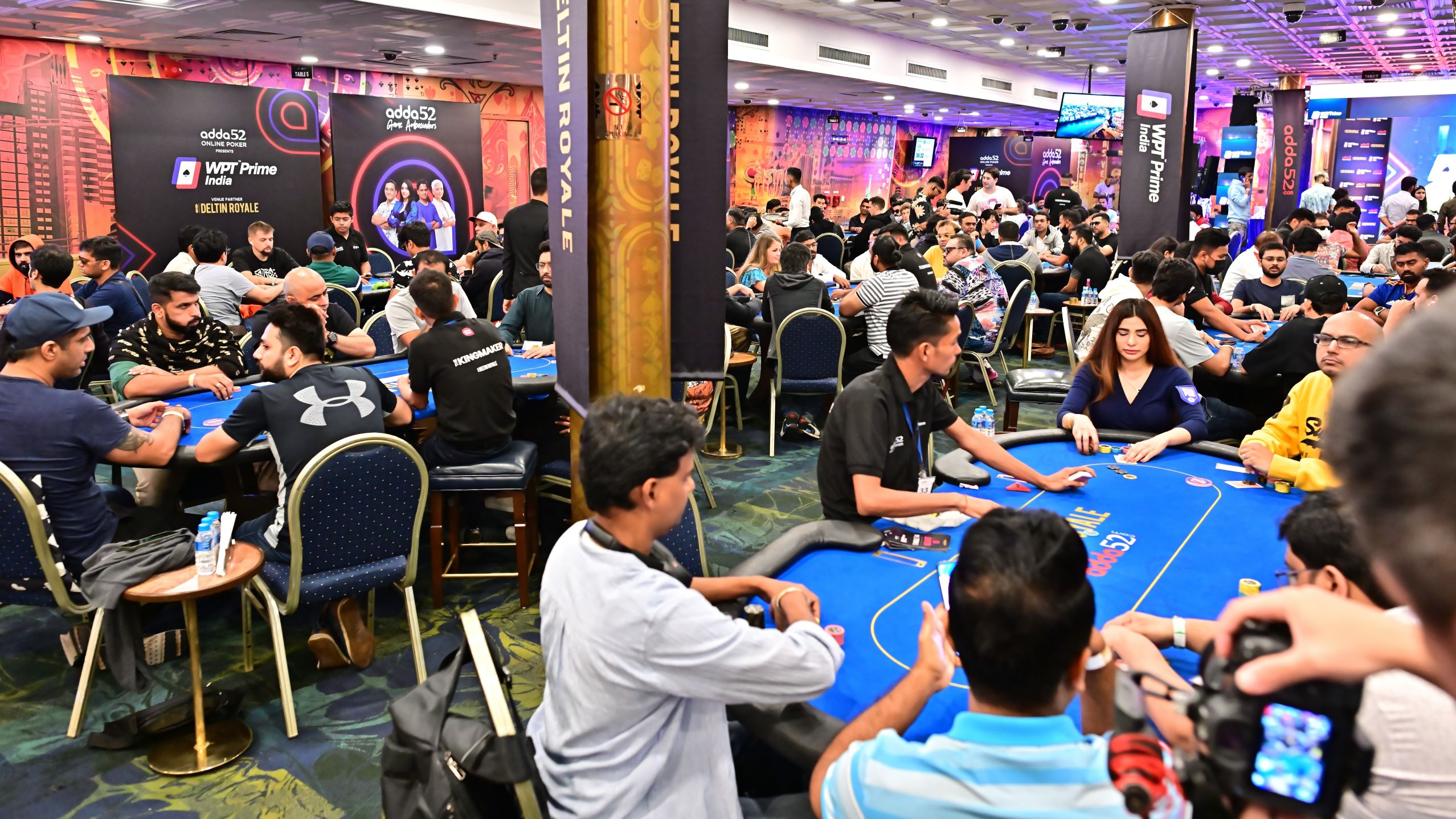Horse racing is one of the oldest and most thrilling forms of betting that continues to captivate the masses in India. Whether you’re an experienced bettor or a curious newbie, this guide will walk you through the essential aspects of betting on horse racing in India. From understanding the basics to learning the strategies that can improve your chances of winning, this article covers it all.
Understanding Horse Racing in India
Horse racing in India isn’t just a modern-day gambling pastime — it’s a sport steeped in tradition, history, and culture. Introduced during British colonial rule, it quickly gained popularity among Indian royalty and elites. Today, it continues to attract thousands of fans, especially in urban centers. With a legacy spanning over 200 years, horse racing in India is regulated and operated by a network of professional turf clubs, each responsible for organizing race meets and managing the integrity of the sport. These clubs include some of the oldest institutions in Indian sports history, such as the Royal Calcutta Turf Club and the Madras Race Club.
Races are held throughout the year in various cities, with the most prestigious events often drawing huge crowds and massive betting volumes. The Mahalaxmi Racecourse in Mumbai is perhaps the most iconic, hosting events like the Indian Derby, which is equivalent to the Kentucky Derby in the US. Other major venues include the Bangalore Turf Club, known for its high-stakes summer meets, and the Hyderabad Race Club, which has gained fame for its well-bred Indian horses. Each race season is packed with action, featuring horses from across the country and even overseas, along with top-tier jockeys.
Understanding how the races are run is key to becoming a smart bettor. The majority of horse races in India are flat races — meaning horses run on level ground over a set distance. However, there are also other formats such as hurdle races or steeplechases, though they’re far less common. Horses are categorized by age, experience, and performance levels, and these categories influence how races are structured and handicapped. Handicapping is the process of assigning weights to horses to equalize their chances of winning, which is critical to keep the races competitive and unpredictable — perfect for betting excitement.
At the heart of the sport are the horses themselves, which are usually thoroughbreds known for their speed and agility. These animals are trained rigorously and bred specifically for racing, often fetching high prices in auctions. Jockeys, on the other hand, are elite athletes who control the horses during races, using a mix of strategy, strength, and timing. Trainers, too, play a pivotal role in conditioning the horses and planning race entries. All these elements — horses, jockeys, trainers, track conditions, and more — create a complex ecosystem that keeps fans and bettors engaged season after season.
Types of Bets in Horse Racing
| Bet Type | Description | Risk Level | Winning Condition | Potential Payout |
| Win Bet | The simplest type of bet where you pick a horse to finish in first place. | Low | Your selected horse must finish in first place. | Lower compared to higher-risk bets. |
| Place Bet | A bet where your horse must finish in one of the top positions (first, second, or third). | Moderate | Your horse finishes in one of the top 3 positions, depending on the number of horses. | Moderate. |
| Show Bet | A more conservative bet where your horse needs to finish in the top three spots. | Low to Moderate | Your horse finishes in the top 3 spots. | Lower payout than exacta or trifecta. |
| Exacta Bet | You must predict the first and second-place finishers in the correct order. | High | The horses must finish in first and second places in the exact order. | Higher payout. |
| Trifecta Bet | You need to predict the first, second, and third-place finishers in the correct order. | Very High | The horses must finish in first, second, and third places in the exact order. | Substantially high. |
| Quinella Bet | Similar to an exacta, but the order of the top two finishers doesn’t matter. | Moderate | The top two finishers in any order. | Moderate to high. |
| Double and Pick 3/4/5 Bets | Predict the winner of two or more races in a row. These bets are challenging but offer substantial rewards. | Very High | You must predict the winner of multiple consecutive races correctly. | Very high, depending on the number of races. |
How to Get Started with Horse Racing Betting in India
Betting on horse racing in India can be a thrilling and rewarding experience if you take the right steps. Whether you’re a seasoned bettor or a beginner, following a structured approach will help you make informed decisions. Here’s a detailed step-by-step guide to get you started:
- Choose a Reputable Racecourse or Online Platform
- Decide whether you want to bet at a physical racecourse or prefer online platforms.
- Online betting has become more convenient, offering a variety of betting options from home.
- Ensure the platform you choose is licensed and regulated by relevant authorities.
- Popular Indian racecourses include the Mahalaxmi Racecourse in Mumbai and the Bangalore Turf Club, among others.
- For online betting, check reviews and confirm the site’s credibility to avoid scams and unfair practices.
- Study the Horses and Jockeys
- Do thorough research on the horses participating in the race.
- Look into their past performance records to understand their strengths and weaknesses.
- Learn about the horses’ trainers and their reputation for preparing the horses for races.
- Study the jockeys — experienced jockeys can make a significant difference in the performance of a horse.
- Consider the type of race (e.g., flat race, steeplechase) and the conditions that suit each horse (e.g., track surface, weather).
- Understand the Odds
- In horse racing, odds are crucial for determining potential winnings.
- The odds reflect the likelihood of a horse winning a race, and they vary based on the horse’s form and market conditions.
- Odds can change based on factors like a horse’s recent performance, betting trends, and jockey selection.
- Learn how to read odds — the higher the odds, the less likely the horse is to win, but the payout is higher if it does.
- Study how bookmakers set odds and how they may shift during betting activity.
- Start Small and Practice
- When you’re starting out, avoid placing large bets.
- Begin with small, manageable bets to get a feel for the sport and its dynamics.
- Track all your bets and analyze both your wins and losses.
- Learn from each betting experience and refine your strategy.
- Gradually increase your bets as you become more confident in your betting decisions.
- Remember, horse racing betting can be unpredictable, so focus on the long-term experience rather than just short-term wins.
- Familiarize Yourself with Different Bet Types
- As you gain confidence, explore different betting options such as win, place, exacta, trifecta, and more.
- Understand the risk levels and payouts associated with each type of bet.
- Experiment with these bet types to discover which ones suit your strategy and risk tolerance.
- Monitor the Race Day Environment
- On the day of the race, closely observe the weather and track conditions.
- Wet or dry tracks can have a significant impact on a horse’s performance.
- Pay attention to last-minute changes like scratches (withdrawals) of horses or jockey changes, which can affect betting strategies.
- Set a Budget and Stick to It
- Set a clear budget for how much you’re willing to spend on betting, and make sure you stick to it.
- Never bet more than you can afford to lose.
- Establish limits on the number of races you bet on, and do not chase losses by increasing bets impulsively.
Key Factors to Consider When Betting on Horse Racing in India
Betting on horse racing is a dynamic and strategic process that goes beyond simply picking a horse. Several key factors play a crucial role in determining the potential success of a horse in a race. Understanding these elements can significantly improve your chances of making an informed decision when placing bets.
One of the most important factors to consider is the form of the horse. A horse’s form refers to its recent performance in races and is often used as an indicator of its potential in upcoming events. A horse that has performed consistently well in its recent races is more likely to perform well again. Evaluating the horse’s past results, including how it performed in similar races or under similar conditions, will give you a better sense of whether it is a strong contender. A horse that has shown poor performance recently may have an uphill battle, while a horse with a winning streak could be in peak form.
Another crucial factor to take into account is the jockey’s performance. The skill and experience of the jockey can have a significant impact on the outcome of a race. Experienced jockeys know how to navigate various race conditions, adapt to the horse’s behavior, and make strategic decisions during the race. A jockey with a strong record of success, particularly in similar types of races, can provide an edge over others with less experience. Before placing your bet, take time to research the jockey’s career statistics and past performances, as their experience and ability to handle pressure can greatly influence the race’s results.
The track conditions also play a pivotal role in determining the outcome of a race. Different horses perform better on different types of tracks, so understanding the condition of the track is essential. For instance, some horses excel on dry, fast tracks, while others may thrive on wet or muddy surfaces. The condition of the track can change rapidly, especially depending on the weather, so it’s important to stay updated on race-day conditions. Factors such as rain, wind, or temperature can drastically alter the behavior of the track, and horses may respond differently based on their experience or training in these conditions.
Understanding the Legal Landscape of Horse Racing in India
| State/Region | Legal Status of Betting | Key Regulations | Popular Locations | Online Betting Status |
| Maharashtra | Legal | Betting on horse racing is regulated by the Maharashtra Gambling Act. A license is required to operate. | Mahalaxmi Racecourse, Mumbai | Legal, with regulated and licensed platforms |
| Goa | Legal | Goa Gambling Act allows betting on horse racing at licensed racecourses. | Goa Turf Club, Panaji | Legal, licensed platforms allowed |
| West Bengal | Legal | The West Bengal Gambling Act permits betting at licensed venues. | Kolkata Turf Club | Legal, regulated online betting platforms |
| Delhi | Restricted | Betting is restricted and not allowed in many areas. | Not Applicable | Online betting not widely accepted |
| Rajasthan | Illegal | Horse racing betting is prohibited under state gambling laws. | Not Applicable | Online betting illegal |
Tips for Betting on Horse Racing in India
- Stay Updated on the Latest News
- Follow reliable sources for news on horses, jockeys, and trainers.
- Track any injuries or changes in team dynamics that might affect performance.
- Keep an eye on race-day weather forecasts as conditions can significantly influence outcomes.
- Follow updates on racecourse conditions, as certain horses perform better on specific types of tracks.
- Manage Your Bankroll
- Set a budget for your betting activities and stick to it.
- Avoid betting more than you’re willing to lose.
- Resist the temptation to chase losses by placing higher bets.
- Track your wins and losses to see if your betting strategy needs adjusting.
- Consider the Public Betting Patterns
- Pay attention to how the public is betting.
- Horses that attract a lot of attention may have odds that are less favorable.
- Look for opportunities where you can identify value that others may have overlooked.
- Consider betting on horses that are under-the-radar but show strong performance.
- Diversify Your Bets
- Don’t put all your money on a single horse.
- Use a variety of bet types such as win, place, or exotic bets like exactas and trifectas.
- A diversified betting strategy increases your chances of success over time.
- Balance riskier bets with safer ones for a more well-rounded approach.
- Learn from Your Mistakes
- Take time to analyze your past bets.
- Understand what went wrong when you lost and what worked when you won.
- Use your experiences to refine your betting strategy for future races.
- Keep evolving your approach and don’t be afraid to experiment with new techniques.




